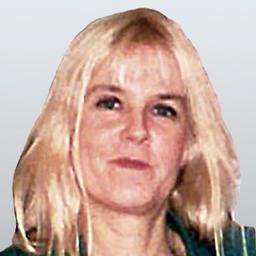Since 1958, the FDA has allowed ingredients in foods without requiring a lengthy approval process for them. Food companies and their suppliers have never had to prove, for example, that vinegar, vegetable oil, or sugar are safe; they are allowed in food under the Generally Recognized as Safe (GRAS) program.
Since the late 1990s, however, the GRAS program has become a dangerous “honor system” in which food makers can simply declare their additives and chemicals safe and put them in the food supply, neither petitioning the FDA for a GRAS designation nor informing the FDA the additives are being used. In the 1950s, there were only a few hundred GRAS ingredients; now there are thousands, and neither consumers nor the FDA know to which foods they are added because they are unlabeled.






